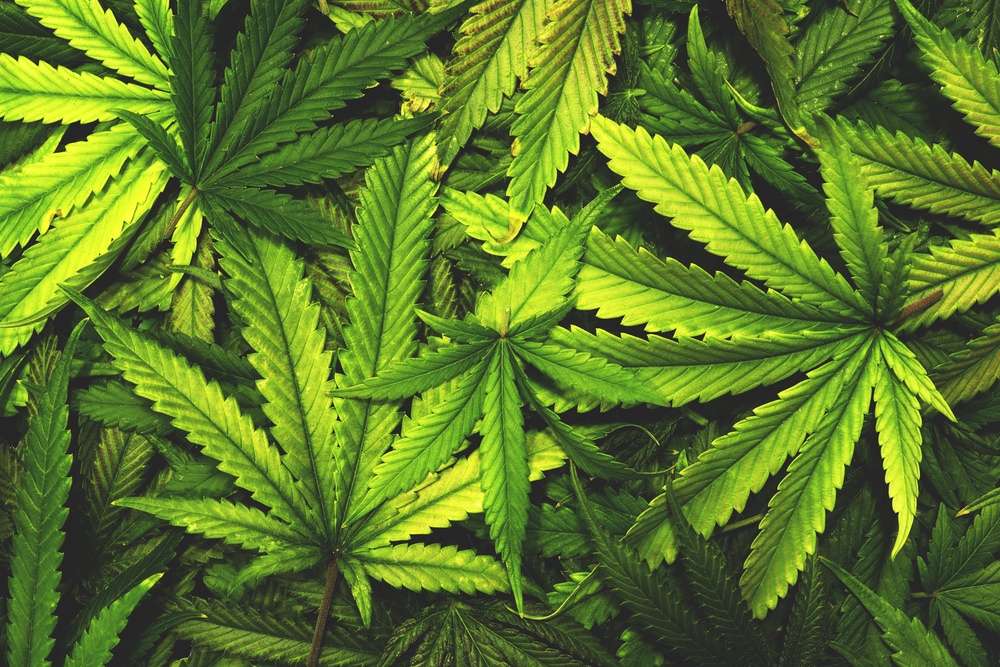Homeopathy is a form of medicine formally recognized some two hundred years ago in Germany. However, it has been practiced throughout the world for millennia. Today, homeopathic medicine is one of the hottest trends in American healthcare. Consumers disillusioned with Western medicine are looking to homeopathic practitioners in hopes of finding a better way. Not surprisingly, some are discovering a link between homeopathy and cannabis.
That link is scientific criticism from a medical system that is sold on the Western way of doing things. Just like Western medicine vilified chiropractic and acupuncture for decades, it now seeks to do the same with both homeopathy and medical cannabis. And it could be for no other reason than the fact that both fly in the face of Western medicine’s perceived science.
For the record, I am by no means a medical cannabis proponent. I take a neutral position on it. But I do strongly disagree with practitioners of Western medicine who insist that the only way to treat injury, illness, and disease is with prescription medications and Western medical procedures.
Homeopathy Is Holistic
Homeopathy is considered pseudoscience by Western medicine because of its two core principles. By the same token, homeopathic practitioners say that the medicine they provide is holistic. Homeopathic practitioners treat the whole body, mind, and spirit rather than just the symptoms of physical illness or disease. Obviously, homeopathy and Western medicine do not agree on this point.
As for homeopathy’s two core principles, the first is generally described as the ‘like cures like’ principle. In other words, practitioners search for medicines that are as similar as possible to the characteristics of the patient’s ailment. This practice is derided by Western medicine despite the fact that so many vaccines inject people with the exact same molecules that make them sick.
The other core principle is that of minimum dosage. This principle states that homeopathic practices should seek for the lowest effective dosage with the fewest side effects. Less is more in homeopathic medicine.
Homeopathy Has Evolved
Some of the principles espoused by the father of modern homeopathy, Dr. C. F. Samuel Hahnemann, is considered completely off-base by Western medicine. Perhaps they are. But homeopathy has evolved considerably since he practiced back in the early nineteenth century. Today’s homeopathy no longer seems so radical by modern standards.
How does this relate to cannabis? Well, our understanding of cannabis as a medicine has evolved over the last several decades. Doctors are slowly starting to concede that cannabinoids and terpenes offer legitimate medical benefits in some situations. Many are also acknowledging that cannabinoids like THC and CBD are more natural medicines than synthetic substances created in a lab.
More People Swear by It
Perhaps the biggest concern of Western medicine is that both homeopathy and medical cannabis are quickly becoming quite popular as alternatives. Homeopathic practitioners are seeing their practices grow considerably. Meanwhile there is no shortage of medical cannabis users who swear by it.
Beehive Farmacy in Salt Lake City, Utah says that the one thing to remember about medical cannabis is that it is really not the plant itself that people are after. It is the cannabinoids and terpenes in the plant. Cannabis plants contain more than one hundred of them, and different strains can be engineered to maximize THC, CBD, or any other cannabinoid a medical producer wishes to isolate.
Western medicine has very little patience for either homeopathy or medical cannabis. Therein lies the hidden link between the two. But Western medicine proponents have been proven wrong before. They could be wrong about homeopathy and cannabis.

